Buying or selling a property is one of the most significant financial decisions you’ll ever make. While the sticker price of a home or commercial space might seem straightforward, real estate transactions often come with a slew of hidden costs that can catch even the most seasoned buyers and sellers off guard.
From legal fees to maintenance charges, these unexpected expenses can add up quickly, turning your dream deal into a financial nightmare. But don’t worry—this blog is here to help. We’ll uncover the most common hidden costs in real estate transactions, explain why they occur, and share practical tips to avoid them.
Whether you’re a first-time buyer or a seasoned investor, this guide will empower you to navigate real estate transactions with confidence and clarity.
Why Hidden Costs Are a Big Deal in Real Estate Transactions
Before we dive into the specifics, let’s understand why hidden costs are such a critical issue in real estate transactions.
- Budget Overruns: Hidden costs can blow your budget, leaving you financially strained.
- Delayed Transactions: Unexpected expenses can delay the closing process, causing frustration and additional costs.
- Loss of Trust: Discovering hidden costs late in the process can erode trust between buyers, sellers, and agents.
By being aware of these costs upfront, you can plan better, negotiate smarter, and avoid unpleasant surprises.
The Most Common Hidden Costs in Real Estate Transactions
1. Legal and Documentation Fees
One of the most overlooked aspects of real estate transactions is the cost of legal and documentation work.
- Stamp Duty: This government tax can range from 5% to 10% of the property’s value, depending on the location.
- Registration Fees: Registering the property in your name incurs additional charges.
THIS MIGHT HELP YOU, Everything You Need to Know About Stamp Duty and Registration in Ahmedabad
- Legal Consultation: Hiring a lawyer to review contracts and ensure compliance with local laws can add to the cost.
How to Avoid:
- Research stamp duty and registration fees in your area before finalizing the deal.
- Negotiate legal fees with your lawyer or opt for fixed-rate packages.
2. Brokerage Fees
If you’re working with a real estate agent, brokerage fees are inevitable. These typically range from 1% to 3% of the property’s value.
How to Avoid:
- Compare brokerage fees across multiple agents.
- Consider platforms like AroundTown Realty that offer transparent pricing and low brokerage options.
3. Home Inspection Costs
A home inspection is crucial to identify potential issues with the property, but it comes at a cost.
- Inspection Fees: Professional inspections can cost anywhere from ₹10,000 to ₹50,000, depending on the property’s size and location.
- Repair Costs: If the inspection reveals issues, you may need to negotiate repairs or factor them into your budget.
How to Avoid:
- Hire a reputable inspector to avoid unnecessary repairs.
- Negotiate with the seller to cover repair costs.
4. Loan Processing Fees
If you’re taking out a home loan, banks and financial institutions charge processing fees, typically 0.5% to 1% of the loan amount.
How to Avoid:
- Compare loan offers from multiple lenders to find the lowest processing fees.
- Negotiate with your bank to waive or reduce these charges.
THIS MIGHT HELP YOU, The Complete Guide to Home Loan Eligibility & Approval in Ahmedabad
5. Maintenance and Society Charges
For properties in housing societies or apartment complexes, maintenance charges can be a significant ongoing expense.
- Monthly Maintenance: This covers amenities like security, cleaning, and repairs.
- One-Time Corpus Fund: Some societies require a lump sum payment for future maintenance.
How to Avoid:
- Ask for a detailed breakdown of maintenance charges before buying.
- Factor these costs into your long-term budget.
6. Property Taxes
Property taxes are an ongoing expense that many buyers forget to account for.
- Annual Taxes: These vary by location and property value.
- Penalties: Late payments can result in hefty fines.
How to Avoid:
- Research property tax rates in your area.
- Set reminders to pay taxes on time.
7. Renovation and Interior Costs
Even if you’re buying a new property, you may need to invest in renovations or interior design.
- Renovation Costs: Structural changes, plumbing, and electrical work can be expensive.
- Interior Design: Furnishing and decorating your new space can add up quickly.
How to Avoid:
- Get quotes from multiple contractors before starting work.
- Prioritize essential renovations and phase out non-urgent projects.
8. Insurance Premiums
Property insurance is essential to protect your investment, but it’s often overlooked.
- Home Insurance: Covers damage from natural disasters, theft, and accidents.
- Mortgage Insurance: Required by some lenders to protect against loan defaults.
How to Avoid:
- Compare insurance policies to find the best coverage at the lowest cost.
- Bundle home and mortgage insurance for discounts.
9. Utility Connection Charges
Setting up utilities like electricity, water, and gas can involve hidden costs.
- Connection Fees: Some providers charge a one-time fee for new connections.
- Security Deposits: Refundable deposits may be required for certain services.
How to Avoid:
- Inquire about connection fees and deposits before moving in.
- Negotiate with utility providers to waive or reduce these charges.
10. Moving and Relocation Expenses
Moving to a new property involves more than just packing boxes.
- Packing and Transportation: Hiring professional movers can be costly.
- Storage Fees: If you need temporary storage, this can add to the expense.
How to Avoid:
- Get quotes from multiple moving companies.
- Declutter before moving to reduce the volume of items to transport.
How to Avoid Hidden Costs in Real Estate Transactions
Now that we’ve identified the most common hidden costs, let’s explore strategies to avoid them.
1. Do Your Homework
- Research all potential costs associated with real estate transactions in your area.
- Consult with experts like lawyers, agents, and financial advisors.
2. Read the Fine Print
- Carefully review all contracts and agreements to identify hidden fees.
- Don’t hesitate to ask questions or seek clarification.
3. Negotiate Smartly
- Negotiate fees with agents, lawyers, and contractors.
- Use competing offers to your advantage.
4. Plan for Contingencies
- Set aside a contingency fund (5-10% of the property’s value) to cover unexpected expenses.
- Factor ongoing costs like maintenance and taxes into your budget.
5. Leverage Technology
- Use platforms like AroundTown Realty to access transparent pricing and avoid hidden fees.
- Utilize online calculators to estimate costs accurately.
How AroundTown Realty Can Help
At AroundTown Realty, we believe in transparency and empowering our clients to make informed decisions. Our platform offers:
- Transparent Pricing: No hidden fees or surprises.
- Expert Guidance: Our team of professionals is here to guide you every step of the way.
- Comprehensive Tools: Access calculators, checklists, and resources to plan your real estate transactions with confidence.
Conclusion: Navigate Real Estate Transactions with Confidence
Hidden costs in real estate transactions can be daunting, but with the right knowledge and preparation, you can avoid them and make smarter financial decisions.
At AroundTown Realty, we’re committed to helping you navigate the complexities of buying and selling property. From transparent pricing to expert support, we’re here to ensure your journey is smooth and stress-free.
Ready to take the next step? Visit AroundTown Realty today and discover how we can help you achieve your real estate goals!
FAQs
1. What are the most common hidden costs in real estate transactions?
Common hidden costs include legal fees, stamp duty, brokerage fees, home inspection costs, and maintenance charges.
2. How can I avoid hidden costs when buying a property?
Research all potential costs, read contracts carefully, negotiate fees, and set aside a contingency fund.
3. Are there hidden costs when selling a property?
Yes, sellers may incur costs like brokerage fees, capital gains tax, and repair expenses.
4. Can I negotiate hidden costs in real estate transactions?
Absolutely. Many fees, such as brokerage and legal charges, are negotiable.
5. How does AroundTown Realty help avoid hidden costs?
AroundTown Realty offers transparent pricing, expert guidance, and tools to help you plan your transactions effectively.









